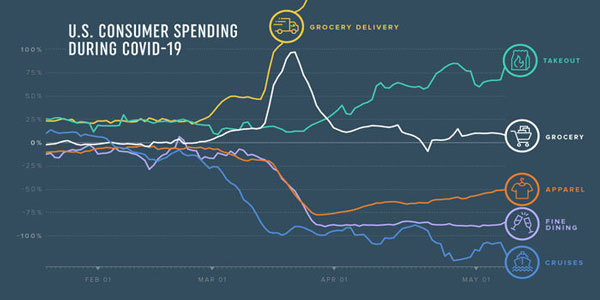Small companies can better protect themselves with the use of insurance and bonds. Your clients may insist on only working with you if you have company insurance to cover financial damages incurred due to unforeseen events.
It's possible that, depending on your line of business, customers will want you to purchase bonds before hiring you. Buying a bond is common practice in the construction industry before beginning any kind of customer relationship.
What Does It Mean to Be "Insured"?

Having obtained commercial liability insurance is what is meant by "insured." Some of the perils that small company insurance may protect against fire, theft, and legal action. Examining the specifics of a general liability insurance policy, a common type of insurance for small businesses:
- A general liability insurance policy may cover claims made against your company for personal injury or property damage.
- If a client or rival company sues your company, having this protection in place can ensure that your firm can continue to operate.
- Legal fees, court costs, and judgements can also be covered.
Can we assume that you run a small business? Some customers may insist on seeing proof of commercial liability insurance before doing business with you. If you want to do business, you need to be able to reassure your clients that you have the necessary protections in place.
Bonded: What Does That Term Mean?

To be "bonded" indicates that you have secured a surety bond to safeguard your company from accusations of faulty, unfinished work and theft, and fraud allegations. There are three parties in a surety bond:
- Principal – the entity that is actually purchasing the bond
- The customer requesting the bond is called the "Obligee."
- This bond is underwritten by a corporation called a "surety."
Bonds protect workplace negligence claims. Imagine a scenario where a client requests a construction company to purchase a bond on their behalf. If the work is subpar or is never completed, the obligee may submit a claim to the surety company to recover the money spent on bringing in a new contractor.
What Makes A Bond Different From Insurance?
Surety bonds are not the same thing as commercial insurance. Surety bonds serve to safeguard the interests of customers, while insurance policies protect the interests of policyholders. While insurance companies share the risk among a large pool of similarly situated policyholders, surety bonds require the full financial responsibility of the principal.
Insureds count on making use of their coverage eventually. Despite this, surety bond principals would like not to have claims made against their bonds. According to the allegations, consumers' alleged monetary losses stem from the defendant's alleged unethical or unlawful business activities.
Who Should Get Bonded?
Surety bonds are issued for various purposes and can be classified as license and permit, commercial, contract, or court. Surety bonds serve as a consumer safety net in multiple businesses, and many voluntary purchasers operate in those sectors. If such is the case, there will be a legal requirement for bond purchases.
How Much Does Being A Bond Cost?
What it takes to get bonded depends on several variables, including the bond type, the applicant's financial standing, and the bond's tenure. A credit check is unnecessary if the applicant requests an instant issuance bond. Bond applicants will pay a regular rate. Yet underwriting is necessary for credit-based bonds.
Underwriting is the procedure that establishes the bond's risk and premium. You may acquire your bond in as short as one business day, thanks to SuretyBonds.com's speedy underwriting services.
Don't worry if your credit isn't perfect; candidates with low credit can still be bonded. Inadequate Credit Bonding is a service offered by SuretyBonds.com that provides applicants with access to finance to cover the cost of the premium.
The Importance of Bonding and Insurance
Customers are more likely to trust your organization if they know you've taken precautions to protect them from financial loss in the event of your failure to complete a project or pay a debt. Many major customers also insist that their business partners have general liability insurance and bonds.
If you don't have the necessary connections, you might not be able to get business with specific people. And without insurance, you'll have to pay out of pocket for any liability or property damage claims. A variety of criteria, including but not limited to user ratings, commission rates, closed transactions, and more.











